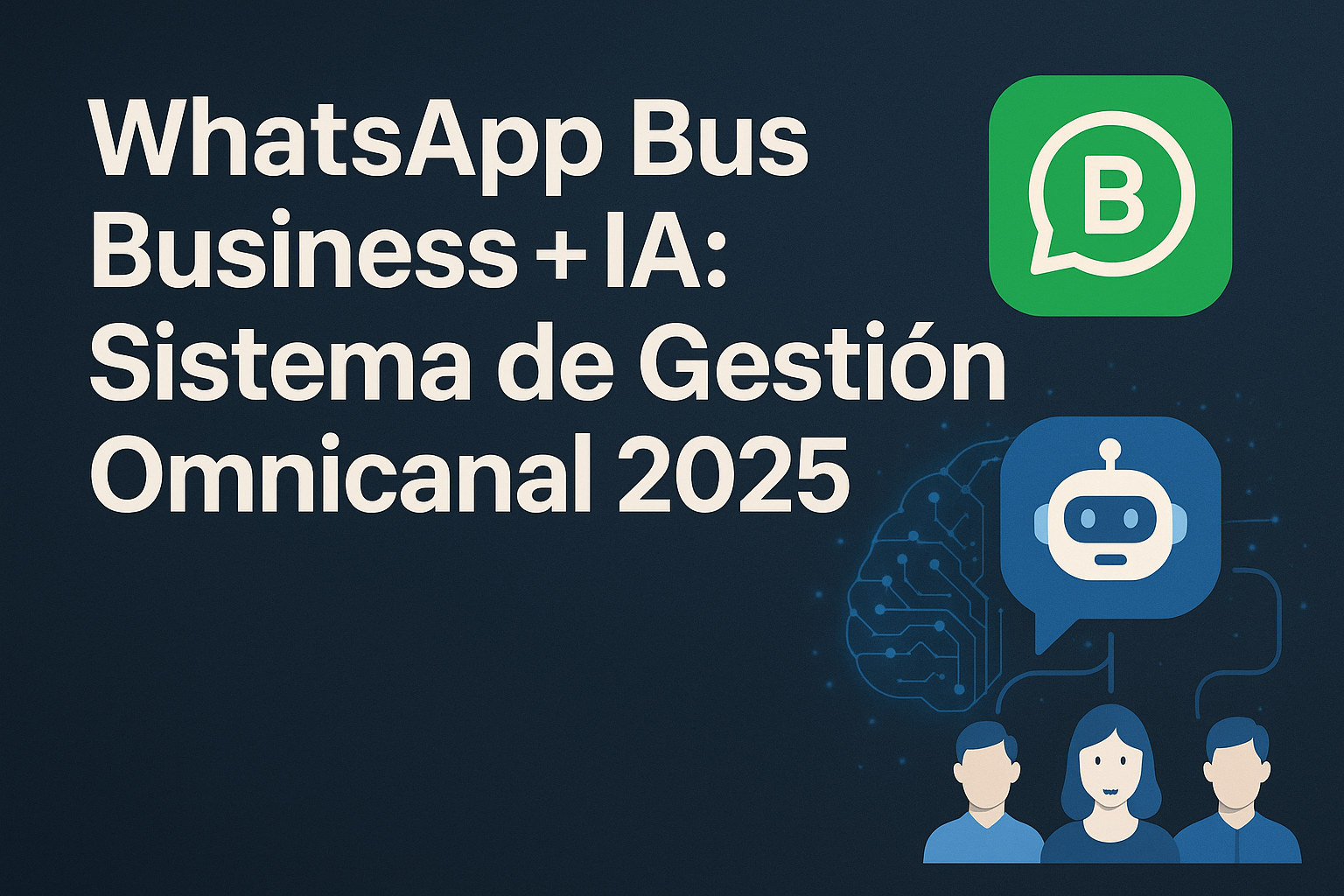How AI and Big Data are Pioneering Predictive Maintenance in Home Services
The integration of artificial intelligence (AI) and big data analytics into home services is revolutionizing the way homeowners maintain their properties. This technological advancement not only enhances the efficiency of services but also significantly reduces costs, making it a critical focus for companies like Wolly in the PropTech sector.
Introduction to Predictive Maintenance
Predictive maintenance refers to the use of data analysis tools and techniques to detect anomalies in the operation and condition of in-service equipment before they fail. In the context of home services, this involves using AI to analyze various data points collected from home appliances and systems to predict potential issues before they become problematic. This approach shifts the maintenance strategy from reactive to proactive, minimizing downtime and extending the life of equipment.
Technological Drivers Behind Predictive Maintenance
The rise of IoT (Internet of Things) devices has made it easier than ever to monitor real-time data from home systems such as HVAC units, plumbing systems, and electrical networks. When combined with AI algorithms, this data can be processed to predict when a system might fail or need servicing. Machine learning models analyze historical data on appliance performance, which helps in forecasting future breakdowns with remarkable accuracy.
Market Insights & Data-Backed Analysis
According to recent studies, the global smart home market is expected to reach $174 billion by 2025, growing at a CAGR of 13%. The predictive maintenance segment specifically is poised for significant growth due to its cost-saving potential and ability to enhance product longevity. Companies that are integrating these technologies are seeing up to a 30% reduction in maintenance costs and a 70% decrease in breakdowns.
Challenges and Opportunities
The implementation of predictive maintenance within the home services industry faces several challenges including high initial technology investment costs and a shortage of skills required for AI model development. However, these challenges present opportunities for startups like Wolly to innovate and lead in offering advanced predictive maintenance services that are scalable and cost-effective.
Future Outlook and Expert Recommendations
The future of home services lies in leveraging technology not just for automation but also for intelligence. As homes become smarter, there will be an increased demand for integrated services that can proactively manage home health. Experts recommend that service providers invest in AI capabilities now, in order to establish themselves as leaders in a market that will soon expect predictive maintenance as standard practice.
Conclusion
This exploration into AI-driven predictive maintenance illustrates how significant technological innovations are shaping the future landscape of home services. By adopting these technologies early on, companies like Wolly not only enhance their service offerings but also position themselves at the forefront of industry evolution.
📢 Discover how Wolly is transforming home services through technology: Learn more

.png)

